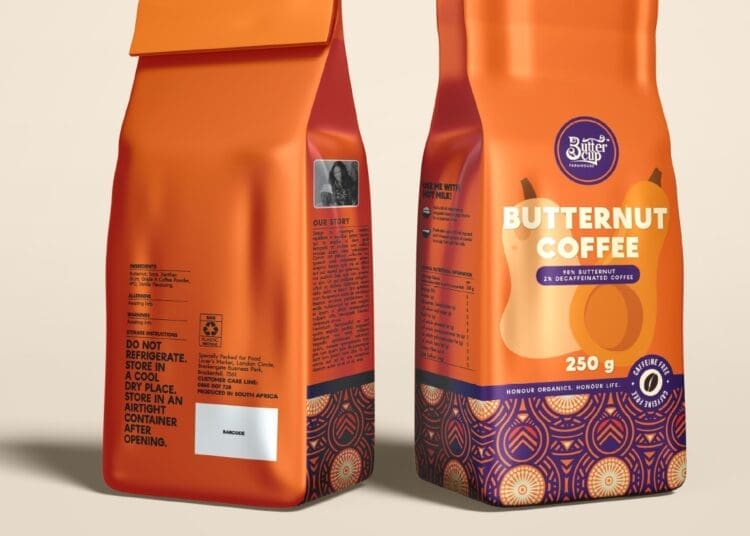Buttercup Farmhouse, an innovative business owned by Chantelle de Bruyn, has introduced vegetable-based coffee to the market as South Africa’s organic and natural products industry experiences steady growth.
However, despite the coffee’s uniqueness, the product faces several challenges, including consumer scepticism and stiff competition from well-established brands.
This is why De Bruyn says she will be participating in Standard Bank’s Organic & Natural Products Expo Africa, which will empower green SMEs in Cape Town over two days starting on Friday.
According to the bank, local organic food and beverage sector has grown at an estimated 13% compound annual growth rate in the latter 2020. It is underpinned by rising health consciousness and environmental awareness.
De Bruyn said one of the most notable challenges in the organic business was consumer education.
“Many consumers are not yet aware of the concept of vegetable coffee, so we’ve had to invest considerable effort into explaining the health benefits and unique qualities of our product,” said De Bruyn.
“Additionally, there’s the challenge of convincing consumers to switch from their regular coffee habits, as they might be hesitant to embrace something new. We have also faced competition from established coffee brands that have loyal customer bases.”
From organic food to chemical-free skincare and plant-based alternatives, there is an increasing demand for sustainable and health-conscious products. However, for SMEs operating in this space, breaking into the market is not easy.
“The demand for health conscious, organic products is steadily increasing in South Africa as more people are becoming aware of the negative health effects of processed foods and are looking for alternatives that align with their wellness goals,” said De Bruyn.
Exhibitors like Buttercup Farmhouse, which is in Bloemfontein and Gauteng, are set to take centre stage at the expo.
De Bruyn said the expo presented an opportunity for her business to increase visibility and engage with key players in the organic industry.
“By showcasing our innovative vegetable-based coffee, we aim to educate attendees about the health benefits of our products and solidify our brand as a leader in the organic beverage space.
“We also hope to attract new customers who are looking for sustainable, health-conscious alternatives to traditional coffee,” she said.
According to SA Organic Sector Organisation’s (SAOSA) Colleen Anderson, obtaining organic certification in South Africa could be approached in two ways.
“There are two avenues to be certified as organic. There is third-party certification done by an accredited certification body, and then there is PGS (Participatory Guarantee Systems) where the certification process is undertaken by peers (other farmers, retailers, consumers) during a visit to the farm to be certified,” Anderson explained.
Certification plays a crucial role in market access and building consumer trust.
Anderson highlighted the challenges posed by the absence of a legislative framework for organic products in South Africa.
“As there is no legislative framework for organic in South Africa, organic claims are being made every day, and there is no way for a consumer to hold them accountable. There is no transparency with self-claims, and there is a lot of fraud in South Africa around the labelling of organic products,” Anderson said.
“Being certified guarantees that the claims being made by the producer can be backed up through adherence to an organic standard.”
In South Africa there is the SAOSO standard for the local market. However, there are also products that have been certified to another standard such as the European Union or the US’s National Organic Programme that are also credible.
Standard Bank said that while organic products, health foods and natural cosmetics were once niche, they were becoming an everyday preference for many consumers.
“Major retailers now stock dedicated organic ranges, and local brands are busy innovating on many fronts from organic rooibos teas to natural skincare lines. Notably, the number of certified organic farms in South Africa jumped from just 35 in 1999 to around 250 by 2018, signalling how farmers and producers are pivoting to meet the demand,” it said.































































